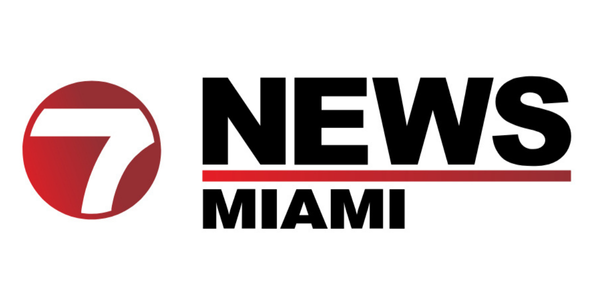- Free Consultation: 305-638-4143 Tap Here to Call Us
Man Killed in Crash That Shut Down I-95 Southbound in Deerfield Beach, FHP Says
A tragic overnight crash shut down a major stretch of Interstate 95 early Monday after a 62-year-old Miami man was struck and killed while standing outside his vehicle, according to the Florida Highway Patrol (FHP).
The deadly collision occurred around 2:35 a.m. near Exit 42 at Hillsboro Boulevard. Investigators said the victim had been involved in a separate minor accident moments earlier and had stepped out of his car, waiting for law enforcement to arrive.
According to FHP, a Mercedes Sprinter van traveling southbound hit the left side of the man’s sedan, which was stopped in the outside lane and facing east. The powerful impact struck both the vehicle and the pedestrian, causing fatal injuries.
Aerial footage from the scene showed the sedan crumpled from both ends, with its airbags deployed and shattered glass scattered across the roadway. The driver of the Sprinter, a 41-year-old man, remained at the scene and did not suffer serious injuries.
All main southbound lanes of I-95 were closed for several hours while troopers investigated, though express lanes remained open to ease early-morning traffic. The roadway has since reopened.
Understanding Legal Liability in Secondary Collision Accidents
This tragic crash underscores the dangers of standing outside a disabled vehicle on a highway — and it raises complex legal questions about fault and responsibility in secondary collision cases.
Under Florida law, when a driver is struck after exiting a vehicle on a roadway, multiple parties could potentially share liability depending on the circumstances:
- The driver who struck the victim — if found to have been speeding, distracted, or otherwise negligent.
- Other drivers involved in the initial accident — if their negligence caused the victim’s car to stop in a dangerous position.
- State or municipal agencies — in limited cases, if road conditions, signage, or lighting contributed to the hazard (these claims may fall under Florida’s sovereign immunity statutes).
Because Florida follows a comparative negligence system (§ 768.81, Fla. Stat.), fault can be apportioned among multiple parties. Even if the deceased individual was partly at fault for standing on the roadway, the surviving family may still be entitled to compensation for:
- Funeral and burial expenses
- Lost future income or financial support
- Mental pain and suffering of surviving family members
- Medical expenses incurred before death
The Process of Filing a Wrongful Death Claim
Families of victims killed in Florida traffic crashes may bring a claim under the Florida Wrongful Death Act (§ 768.16 – 768.26, Fla. Stat.), which allows the personal representative of the estate to seek damages on behalf of surviving relatives.
Key steps in pursuing a claim include:
- Investigation: Gathering evidence from FHP reports, witness statements, and roadway surveillance footage.
- Identifying liable parties: Determining whether negligence by another driver, defective vehicle components, or improper highway design played a role.
- Filing the claim: Wrongful death lawsuits must generally be filed within two years of the date of death.
- Negotiation or litigation: Experienced attorneys can negotiate with insurers or, if necessary, take the case to trial to recover fair compensation.
The loss of life on I-95 in Deerfield Beach serves as a reminder of how quickly tragedy can strike — especially on high-speed highways. As investigators continue working to determine the full cause of this crash, the victim’s family will face unimaginable grief and the challenge of seeking justice and closure.
If you have lost a loved one in a similar highway or roadside collision, consulting a Florida wrongful death attorney can help protect your rights and ensure that negligent parties are held accountable.












